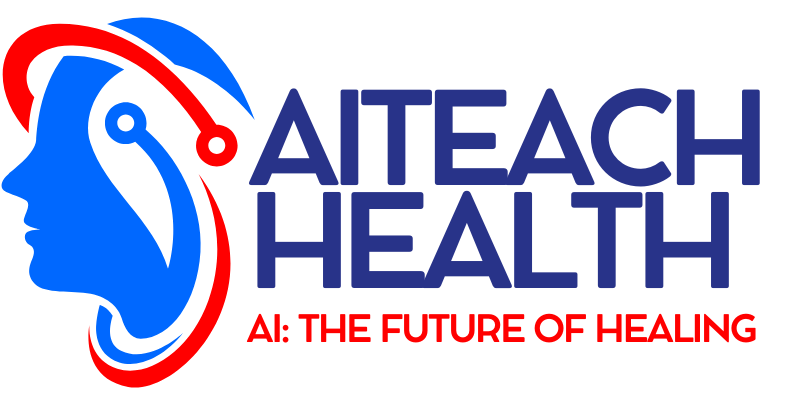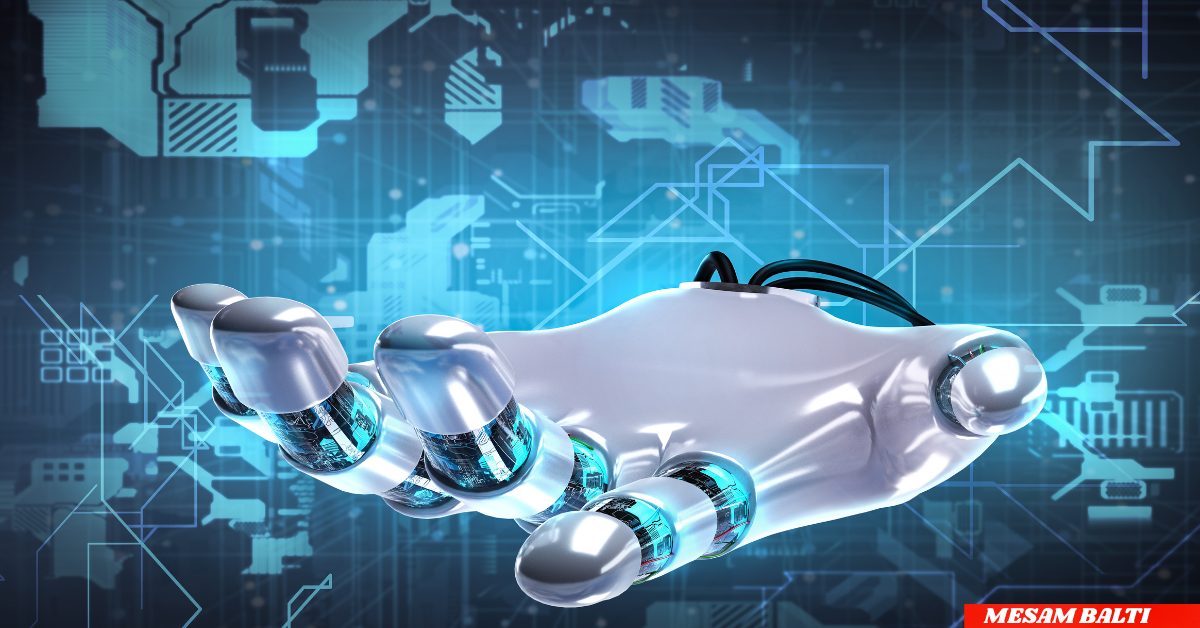Introducing: Personalized Medicine is the Future of Healthcare
Imagine a world where your doctor knows in advance exactly which disease treatment will work for you — before it even begins. This is not science fiction; it is the world of AI and personalized medicine: treating the person. With the help of artificial intelligence, health care is moving beyond “one-size-fits-all” solutions to provide personalized and precision care tailored to your biology, your lifestyle, and your needs. In this article, we’ll explore what AI is doing to transform medicine, why personalized care is important, and what it all means for everyone from patients to providers.
What Is Personalized Medicine?
Personalized medicine, or precision medicine, considers tailoring healthcare to the specific patient. Instead of administering broad remedies to everybody, as was long the approach, personalized medicine uses data — genetic, environmental, lifestyle — to figure out treatments that are tailored to individual patients.
Why AI Is Key to Personalized Medicine
Artificial intelligence powers personalized medicine by rapidly and accurately analyzing huge volumes of data. Genetic profiles, medical histories, and dozens of other types of data will be evaluated for patterns that humans may have overlooked, with the promise that diagnoses will be better, treatments more precise, and patient outcomes improved.
- Data Analysis: AI Can process vast quantities of data, such as genomic sequences or patient records, in seconds.
- Predictive Modeling: Machine learning predicts drug response in patients.
- Live Insights: AI solutions can deliver data-driven insights to doctors during consultations.
How AI Enhances Personalized Medicine
It’s an ai revolutionizing healthcare In So many ways! Let’s explore key areas where it’s making an impact.
1. Genomic Analysis for Tailored Treatments
Your DNA is a road map to your health. Artificial intelligence tools sort through genetic data to spot mutations or markers that might affect the risk of disease or response to treatment. In cancer care, for example, AI can identify individual gene mutations, enabling oncologists to prescribe more personalized therapies, such as immunotherapy.
Case Study: In 2023, a study at Stanford University employed AI to study genomic data collected from women with breast cancer. The system told the researchers, for instance, which patients would and would not benefit from a particular chemotherapy regimen, minimizing the side effects of the treatment for some and sparing others from it.
2. Predictive Analytics for Early Diagnosis
AI is great at finding patterns in messy datasets. By inspecting medical scans, lab tests or even wearable device data, A.I. could help us identify diseases before we show symptoms. That’s crucial for diseases like heart disease or diabetes that can be successfully treated if caught early.
- Medical Imaging: AI can identify anomalies in X-rays or MRIs as precisely as — if not better than — human experts.
- Wearable Tech: From monitoring heart rate to glucose levels, devices such as smartwatches feed data to AI for real-time tracking.
- Risk Analysis: AI models consider risk on life style and genetic factors for diseases to predict a patient.
3. Drug Development and Precision Therapies
Recreating drugs is time consuming, expensive. AI can speed that process by also simulating how drugs interact with particular biological targets. That means precision therapies to meet the specific needs of patients can get out the door more quickly.
Example: In 2024, a machine learning method developed by DeepMind for protein structure prediction produced a structure for the protein of the 2019 novel coronavirus (SARS-CoV-2) that causes COVID-19, the resulting model was called AlphaFold, and was used to determine these protein structures in 20224 in just a few days, whereas the same quality of models would have taken years to produce before.
4. Personalized Treatment Plans
AI not only diagnoses; it enables personalized treatment plans. Leveraging information in EHRs, AI suggests treatments based on the unique profile of a patient. This is particularly nice for conditions like diabetes or hypertension.
- Optimizing Medication: The most effective dosage recommended by AI based on metabolism and history of health.
- Lifestyle Advice: AI automatically customizes diet or exercise prescriptions to support medical treatments.
Challenges in AI-Driven Personalized Medicine
Opportunities are huge, but there’s work to do.
Data Privacy and Security
Sensitive patient data are increasingly central to personalized medicine. AI systems also must adhere to laws such as HIPAA to prevent privacy violations. Strong encryption and data security are not optional.
Accessibility and Equity
AI-enabled health care can be expensive, which is a worry for access. Equity of distribution of these technologies is essential to prevent aggravating health disparities.
Integration with Healthcare Systems
Hospitals often do not have the kind of infrastructure that would support the easy integration of AI tools. Extensive training of personnel and system updates are needed for large-scale use.
The Next Frontier of AI — Medicine: How Technology Is Changing the Future of Personalized Healthcare
There’s a great future ahead for AI in the health sector. Emerging trends include:
- AI-Powered Virtual Assistants: Programs like chatbots help patients navigate through treatment plans or provide real-time responses to health questions.
- Advanced Wearables: Next-gen products will follow more biomarkers, providing more data grist for AI systems.
- World-class AI: International researchers will be able to share discoveries with the global medical community through AI platforms for faster progress.
AI-powered personalized medicine is expected to lower the cost of healthcare by 20% and improve patient outcomes by 30% by 2030. The potential of AI combined with CRISPR and telemedicine will even be more remarkable.
Why Personalized Medicine Matters
Personalized medicine empowers patients. Instead of just your body being subjected to trial-and-error treatments, you get personalized care. This translates to less side effects, faster recovery and a better quality of life. This translates into more efficient working processes and higher success rates for healthcare professionals.
Real-World Impact: In a 2024 trial in the UK, AI was applied to personalize treatment for individuals with asthma, cutting hospital visits for trial members by 25%.
Futures in A.I. and Personalized Medicine
Answers to Your Questions About A.I.
What is personalized medicine?
Personalize medicine is based on individual data, your genomics, your lifestyle, your medical history, to create tailor made disease treatment and management for you for better outcome.
How does AI improve healthcare?
Artificial intelligence tames Big Health Data, forecast risk of diseases, determines optimal treatments, accelerates drug discovery, improves diagnosis and treatment and personalizes healthcare.
Is my information secure with A.I. in health care?
AI systems are subject to strict regulations, such as HIPAA, for safeguarding patient data with encryption and secure storage.
Will everyone have access to AI-enabled personalized medicine?
Cost can of course restrict access, but there are efforts planned to make these technologies cheaper and more accessible.
Conclusion: Embracing a Healthier Future
AI and precision medicine are revolutionizing healthcare through personalized treatment. From genomics to predictive analytics, A.I. is making care more precise, more effective and more patient-centric. Although obstacles remain, such as data privacy and access, the life-saving and cost-saving potential is clear. As this technology advances, it heralds a future where healthcare becomes as individual as you are.
Take Action
What do you think about AI in healthcare? Tell us in the comments, and then subscribe to our newsletter for more of the latest in health.





